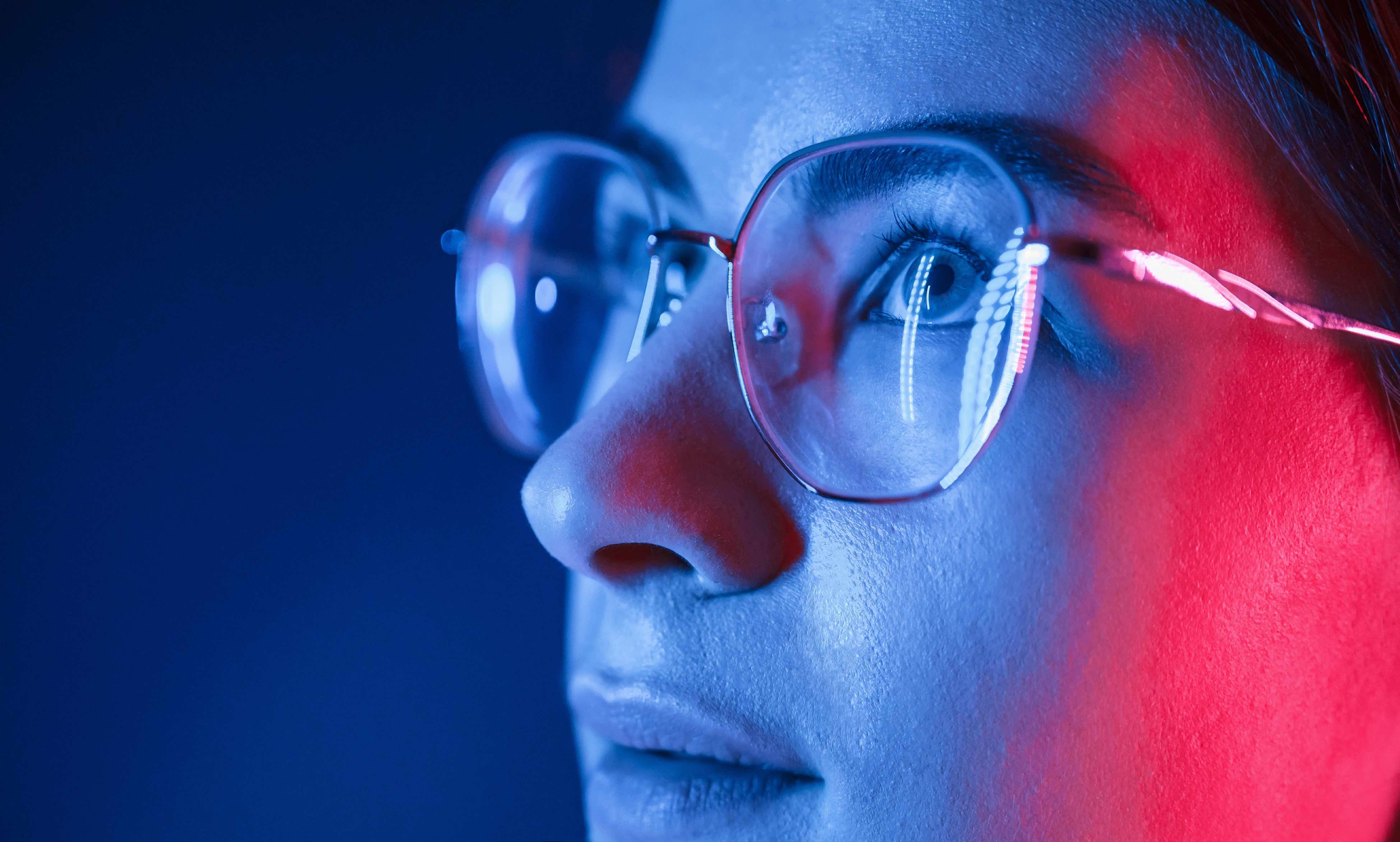
They’ve become as common as coffee mugs in modern offices—sleek frames with yellowish lenses marketed as a shield against the unseen enemy of our era: blue light. Proponents claim these glasses reduce eye strain, improve sleep, and even protect against mental fatigue. But do they actually work—or are they just another placebo in the productivity economy?
As screen time continues to rise, so does concern about its effects on our eyes, sleep, and minds. But while blue light has become the latest digital villain, the truth—according to scientists—is far more nuanced.
Blue light is part of the visible light spectrum, with short wavelengths and high energy. It’s emitted naturally by the sun and artificially by LED screens, smartphones, and fluorescent lighting. Not all blue light is bad—in fact, exposure to natural blue light during the day helps regulate our circadian rhythm, boosts alertness, and lifts mood.
The concern arises with artificial blue light, especially at night, which can suppress melatonin production and potentially disrupt sleep. The question is whether this disruption translates into the kind of chronic mental fatigue many people now report.
Mental fatigue isn’t just about sleepiness—it’s about cognitive wear and tear. It builds up over hours of concentration, information processing, and screen interaction. For many, it feels like brain fog, irritability, or a diminishing ability to focus.
“We know that screen exposure contributes to eye strain, which can indirectly lead to mental fatigue,” says Dr. Raj Maturi, clinical spokesperson for the American Academy of Ophthalmology (AAO). “But the role of blue light in that equation is often overstated.”
In fact, the AAO has explicitly stated that blue light from digital devices does not cause eye damage—and that there is no scientific evidence to support the need for blue light–blocking glasses for the general public.
That said, not all experiences are dictated by hard science. Some small studies suggest blue light glasses can reduce glare and improve subjective comfort during prolonged screen use. A 2021 study in the journal Chronobiology International found that wearing blue-light-blocking lenses for three hours before bed improved sleep quality and next-day alertness in participants exposed to bright screens at night.
“The biggest benefit may come from evening use,” says Dr. Michael Grandner, director of the Sleep and Health Research Program at the University of Arizona. “If you're scrolling late into the night, glasses that filter short-wavelength light may help your brain transition toward rest.”
For daytime wear, though, the evidence is much thinner. Experts argue that factors like screen brightness, posture, blinking frequency, and taking regular breaks are far more important than filtering out blue light alone.
It’s possible that the perceived benefits of blue light glasses stem from the behavioral changes they prompt. People who wear them may become more mindful of their screen habits, reduce nighttime device use, or simply experience the calming ritual of putting on glasses before work or rest.
“Even if the optical filter isn’t doing much, the habit shift could reduce fatigue,” says Dr. Grandner. “And sometimes, that’s enough.”
If your goal is to reduce mental fatigue from screens, experts recommend starting with these core practices:
If you're wearing blue light glasses during a late-night scroll session and it helps you unwind, great. If they serve as a cue to wind down or protect your eyes from glare, that's useful. But if you're expecting them to magically eliminate digital fatigue or sharpen your mental focus, the evidence simply isn’t there.
“Blue light glasses are unlikely to be harmful,” says Dr. Maturi. “But they should be seen as a supplement—not a solution.”
In other words, the clarity we’re looking for—mental or visual—probably comes less from filters, and more from how we use our time, our screens, and ourselves.